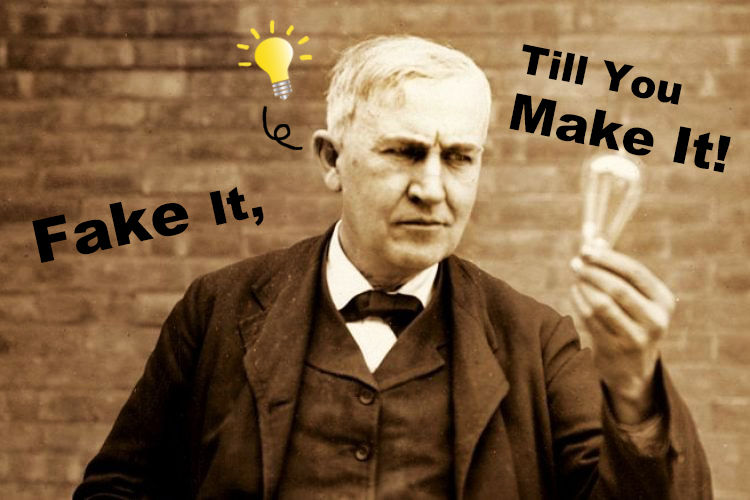To every company owner: Why did you start your business?
- Neville Huang

- Apr 3, 2019
- 3 min read

Recently, I read an article discussing about how Quanjude Peking Roast Duck fails from its grace. This famous Chinese restaurant was once the sole emblem of Peking roast duck. But now, it not only receives plenty of negative reviews about its services and overpricing, but the downward trend of its stock has convinced the second-biggest investors of Quanjude, IDG capital, to cut stake in 2018.

The crisis of Quanjude prompts me to ponder on how a prestigious company gradually lose its reputation through time, and I believe the answer is related to how the head of the company answers the following basic but crucial question: “what is a company for essentially?” To me, there are at least two different ways to answer it, and they lead to two completely different results.
Answer 1: The fundamental purpose of a company is to make money.
For some people, seeking the growth in net profit is the most important reason for he or she to run a business. Well, this is understandable. After all, a business will need cash to continue its survival. However, when one set the mission “making a profit” as the major, or even the only, goal of a company, something harmful is going to happen and eventually lead to the decline of its profit growth ironically. The following graphs explain how this happens:

In summary, the downfall of a great business usually begins at the point when it decides to put profit gain before satisfying its customers. Such inappropriate mindset can elucidate the decline of many incorporations, such as Quanjude, the current Apple (putting money before making quality products, read more about this in here), the current Facebook (putting money before users’ rights about keeping their data private), and the notorious Theranos (putting money before the truth and countless patients’ benefit).
Answer 2: The fundamental purpose of a company is to serve customers.
Another possible answer to the question “what is a company for” is “to serve its customers”, and it’s more likely for an entrepreneur of a startup or small business to adopt such answer. We’ll explain why in below.
Usually, a startup is initiated for one very simple goal, and such goal can be categorized into either one of the following:
One found a problem that people have been suffering from and intends to solve that problem with a new or better solution.
One intends to provide a new or better product / service that he or she thinks can improve people’s lives.
The key here is that with relatively fewer workers and clients, simpler financial condition, less complex organization and a clear goal in mind, it’s easier for the leader to make sure that all the members on his or her team are making their best effort on providing good products and services to their customers. With good products and services, it has a higher chance that the customers will be satisfied, and satisfied customers are going to bring profit growth to the company, hence creating an upward spiral completely opposite to the downward one we’ve seen previously.
Note that there is an important lesson: profit growth should be a natural “consequence” of serving your customers well, not the other way around. This statement seems straightforward, but entrepreneurs often forget about it when their business grows larger. As the matter of fact, once a company reach to a certain scale (e.g., after IPO), many emerging challenges (e.g., more workers to pay, the pressure from the board of directors, etc.) will appear and as a result tempt one to focus more on making profits than offering good products / services. To prevent such thing from happening, one must always put the clients’ satisfaction above everything. This is certainly not easy, but we believe it will be an imperative thing to do in order to secure the benefit of a business in the long run.
Conclusion
As a business owner, one should always keep in mind that “making money” is just one of the outcomes of running a company (the other two are “losing money” and “no gain no lose”), not the reason! Reverse the cause and effect, a short-term increase of the revenue may be seen, but a negative effect must occur eventually!
Footnote: If you like this articles, please subscribe to our blog by providing your e-mail in the bottom of the page or become our free member. And if you think our article helps you, please consider supporting us by joining our paid membership. Thank you very much for your patience; we wish you a success in your business!








Comments